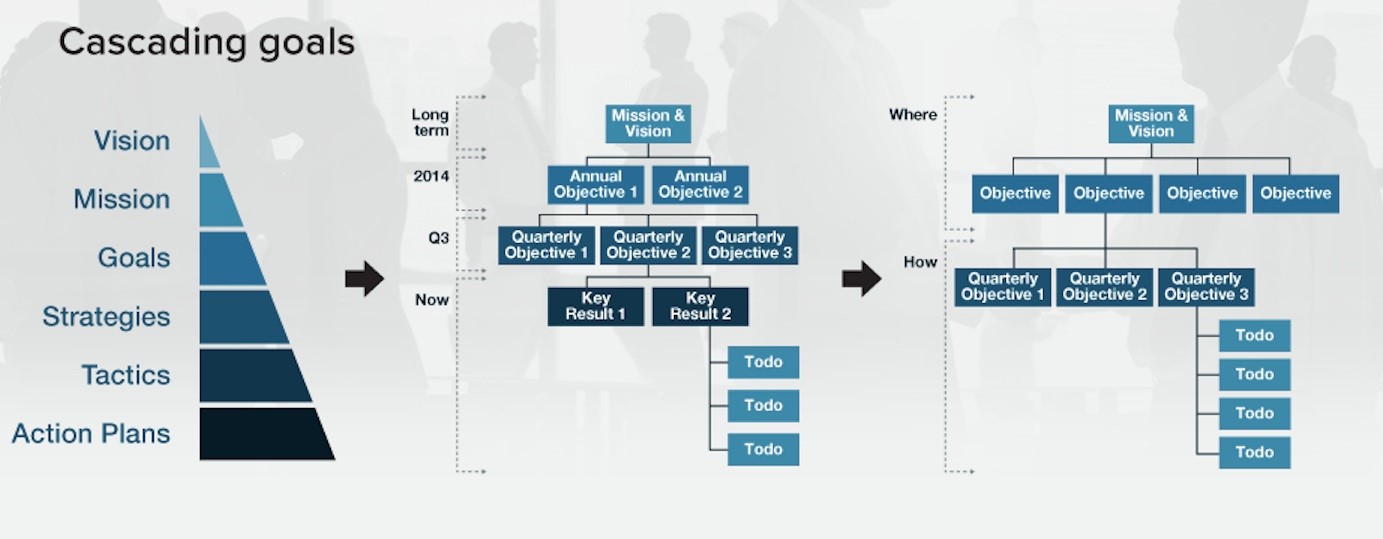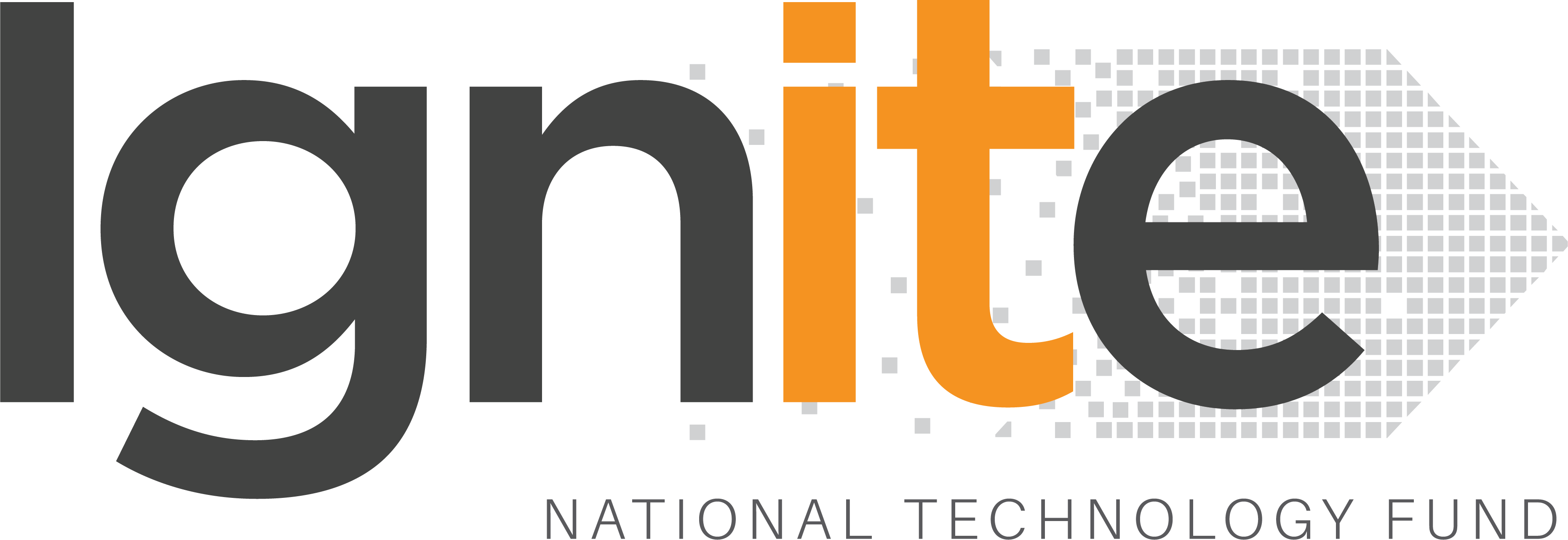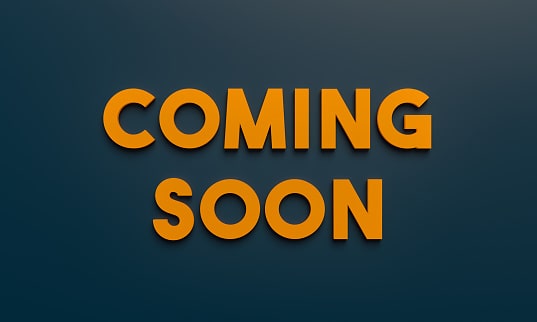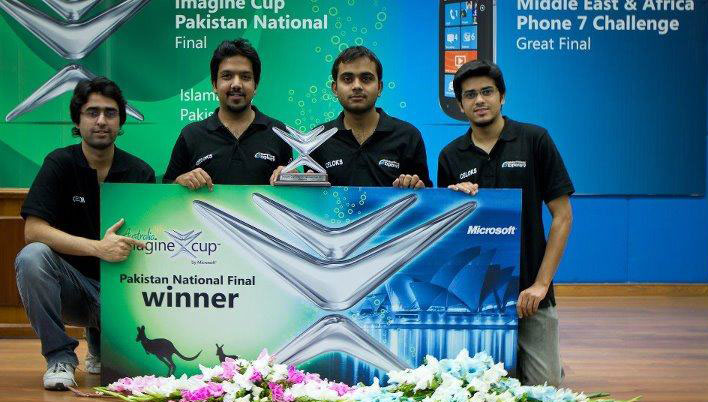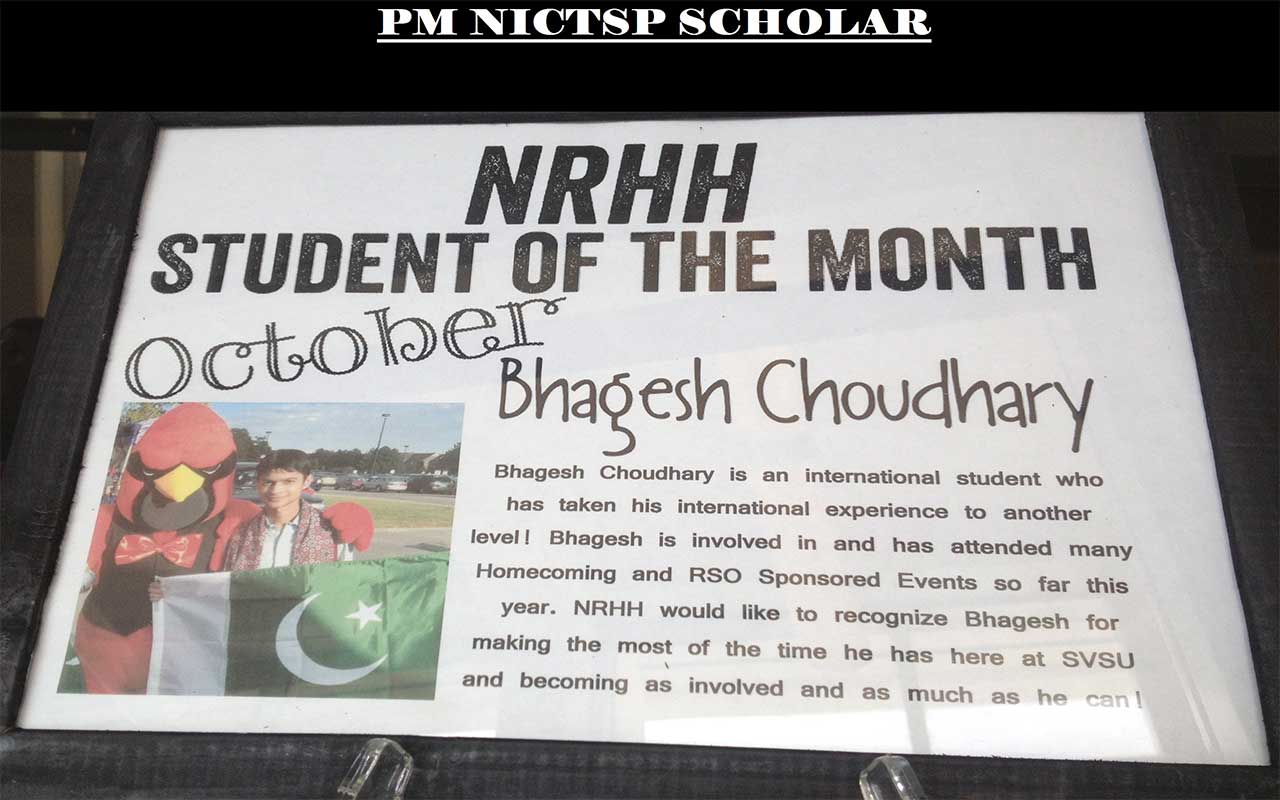Knowledge companies are defined as having “knowledge” as their principal capital and so holds true for the knowledge worker. The concept has evolved over time, however it gained prominence after the term was first coined by Peter Drucker in 1957, where he suggests that “the most valuable asset of a 21st century institution, whether business or non-business, will be its knowledge workers and their productivity”. Tech icons like IBM provide the classic example of how this transformation has come about. In 1924, 96% of IBM’s profits were generated by leasing of manufacturing equipment, while punched cards were responsible for 4% of the profit. In 1970s, 80% of profit came from equipment division, 15% from software division and 5% from services. In 1990s services contributed to 30% of IBM’s profits, later in 2015 it was already 60% that the company had earned from rendering services and 28% from software. This manifests the overall change from hardware to services, which essentially signifies the paradigm shift.
The management challenge being faced by “Knowledge Companies” is managing their principal resource which is the knowledge worker. It is important to assert here that the knowledge worker is not a term bound to the tech industry only. It includes software engineers, physicians, pharmacists, architects, engineers, scientists, public accountants, lawyers, academics and just about anyone whose job is to “think for a living”.
Managing knowledge workers can be a difficult task. Most knowledge workers prefer some level of autonomy. It is estimated that they spend 40% of their time searching for information. Knowledge workers must employ a combination of convergent, divergent, and creative thinking as part of their work. The intriguing question is how you manage this diverse set of skill set which is essential to the success of a knowledge company of the 21st century. A resource which does not like being managed; does not like being told what to do and is sensitive to critique and to top it all has a high burn out.
How do companies like Intel, Google, Zynga, Twitter, Oracle etc. manage their wealth of knowledge workers? Intel invented Objectives & Key Results (OKRs) methodology of goal setting in 1970s and John Doerr is credited as the brain behind making it a success. Through Kleiner Perkins investment in Google, John offered to introduce the OKR system to Larry Page and Sergey Brin and the leadership team. OKRs have been a part of the Google ecosystem ever since. How is OKRs relevant in managing the modern knowledge enterprise? What does it entail? Why is it effective? The answer to these questions is the supreme simplicity of the concept of OKRs and its holistic approach.
The OKR methodology starts off by defining a company’s objectives. This may involve the very participation of key resources within the company. With the company objectives set, we now move on to the departmental objectives. The departmental objectives are set in sync with the overall company objectives. Setting up the departmental objectives is a participative process. This involves the knowledge workers and takes their critical input to make them substantive and terrestrial to the company. These objectives are best set in qualitative terms and may even be lofty and idealistic – but true to the company. Going forward each department sets up Key Results which define the mechanism to reach the set objectives. Unlike the objectives, these key results are quantifiable and must be met in a set time frame for the company to evaluate its progression in achieving the overall objectives.
This concept of setting up OKRs in a participative manner drives home the necessary impetus to keep the knowledge company and its critical resource – the knowledge worker, engaged and gives them a sense of ownership of how the company is progressing towards a future which everyone understands. Strategic planning is no more the lone privilege of those sitting high at the altar.
Another important aspect to managing through OKRs is that it provides an open and transparent picture to what the organization is doing and how each individual is contributing towards achieving those goals. Knowledge companies thrive on its one principal strategic advantage and that is its human resource. OKRs is one excellent way of maintaining that strategic advantage. It provides an engaging framework which is setup by the very knowledge worker and shows a pictorial view of how individual work is contributing to the overall success of the company.
The OKRs can be tracked through a number of software tools that are available in the market; each provides its own methodology. 7Geese, perdoo and weekdone are some of the popular tools available in the market that facilitate the implementation of the OKR approach.
From a Pakistani perspective, the application of the OKR methodology will be a game changer in how we manage our companies. We all agree that the contemporary bureaucratic style of management is kryptonite to the knowledge worker and it inevitably damages the very foundation of knowledge companies. We as a nation have been groomed in an environment where questioning and debate tantamount to disrespect. Is it part of our culture not to question and debate or is it merely our brain telling us not to get out of our comfort zone in the guise of “respect” or whatever else you might want to brand it.
Truth be told … it is knowledge that disrupts poverty and for a country like ours it is imperative that we evolve into a more progressive management machine. Knowledge is central to all businesses and progression demands that we share that knowledge. We as a nation are finally at a tipping point and it is time for us to take that leap beyond our inhibitions. Application of modern management practices is essential. We at Ignite (Formerly National ICT R&D Fund) have relayed our efforts to embrace these changes. We will not let any dogmas halt our march. It all starts by creating a culture of questioning, critical thinking, pattern matching and the ability to think out of the box. OKRs is one way we have manifested that change and we hope this will reflect in all our workings.
